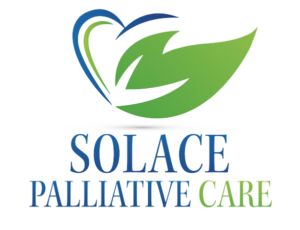
After the hubbub of the holidays and in the darkest nights at year’s end, nature seems to beckon us to reflect.
Rather than make a resolution about exercise or diet, consider looking at your approach to family caregiving and personal qualities you might nurture to become more resilient in this role.
Psychologist Rick Hanson, PhD, studies resilience. He reports that resilience depends on three key strategies and the use of mental resources that support them. To cultivate greater resilience in yourself, review your past year while gently but candidly considering these questions:
- How did you manage the challenges you faced? What personal qualities supported a smooth or positive process? Did you listen well? Or perhaps you called upon your courage and persevered. Thinking about it now, were there approaches you took that exacerbated the problem? What might you want to do differently in the future?
- How did you take care of yourself? Did you say “no” when you reached your limit? Or maybe you didn’t say “no” and had a tougher time as a result.
- How did you access or cultivate resources? Were you inquisitive? Did you research your loved one’s condition? Perhaps you demonstrated compassion for yourself by reaching out for help. Identify people you can count on. Begin to build your support system. Are there people you’d like to thank or recruit?
Consider making a list of qualities that were helpful, things “done well.” Create another list of “not so skillful.” Everyone will have things they wish they had done differently. This isn’t about beating yourself up. Simply a constructive assessment. Make a symbolic break from the year. Burn, shred, or otherwise destroy the list of actions or qualities you’d like to let go of. Post the remainder—those you want to keep and emphasize—where you will see them often for encouragement in the coming year.

